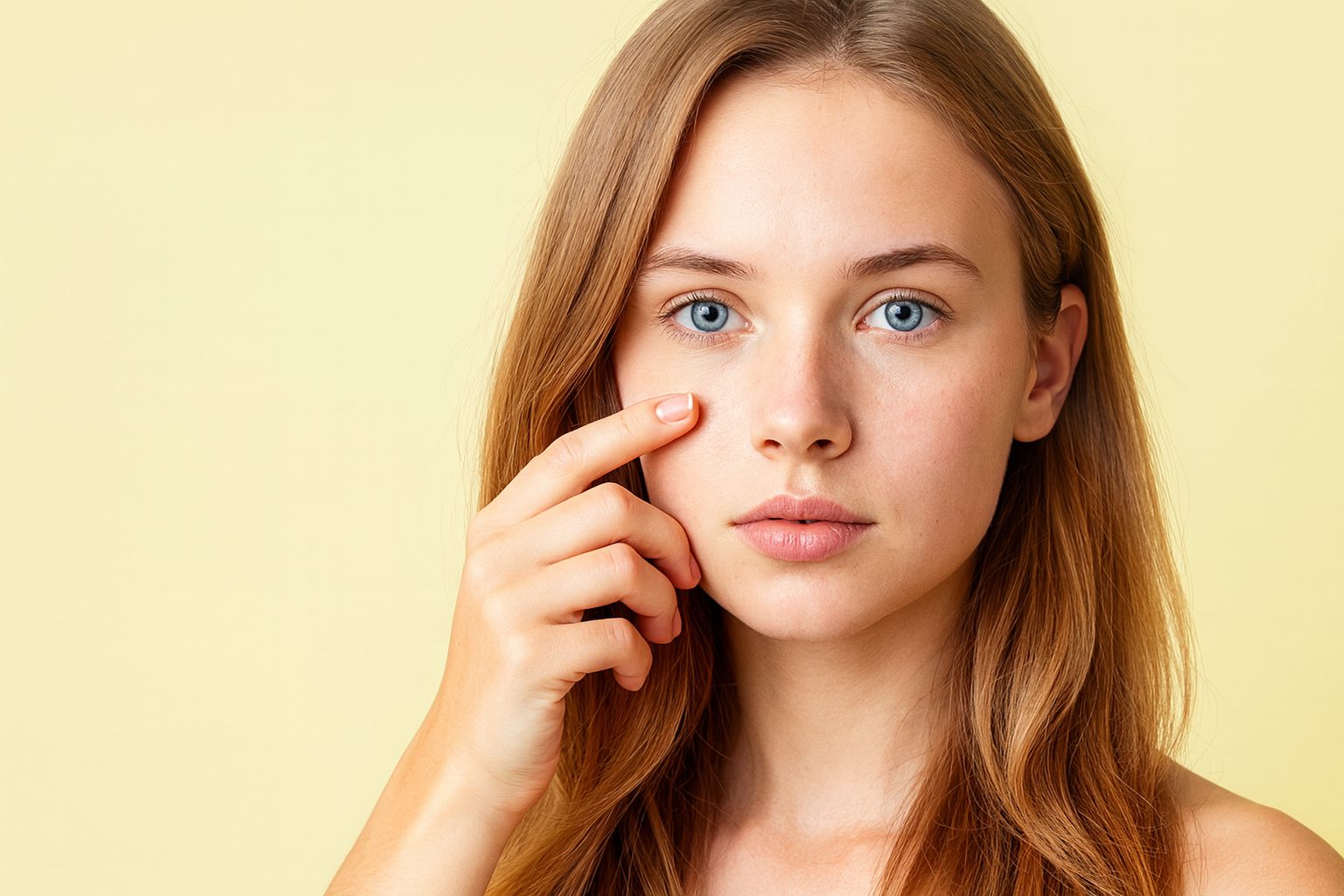
Healthy, glowing skin starts from within. While skincare products help externally, the real secret to clear and acne-free skin lies in your diet. The foods you eat can either nourish your skin or trigger inflammation and breakouts. Eating a diet rich in vitamins, minerals, and antioxidants can help regulate hormones, reduce inflammation, and strengthen the skin’s natural barrier. Here are 10 powerful foods that help prevent acne and promote healthy, radiant skin naturally.
1. Avocados
Avocados are packed with healthy fats, vitamin E, and vitamin C—nutrients that keep your skin moisturized and protect it from oxidative stress. The antioxidants in avocados help reduce inflammation and support skin repair, making them ideal for acne-prone skin.
2. Berries
Blueberries, strawberries, and raspberries are rich in antioxidants like anthocyanins and vitamin C. These compounds fight free radicals that cause premature aging and acne inflammation. Regularly eating berries helps brighten the skin and protect it from environmental damage.
3. Fatty Fish
Salmon, mackerel, and sardines are excellent sources of omega-3 fatty acids that help reduce inflammation and balance oil production in the skin. Omega-3s also help calm redness and irritation, supporting smoother, clearer skin from the inside out.
4. Nuts and Seeds
Almonds, walnuts, chia seeds, and sunflower seeds provide essential nutrients like zinc, selenium, and vitamin E—all important for healing acne and maintaining strong skin. These nutrients help repair damaged tissues and protect skin cells from oxidation.
5. Sweet Potatoes
Sweet potatoes are rich in beta-carotene, which the body converts into vitamin A. This nutrient helps regulate oil production in the skin and prevent clogged pores, one of the main causes of acne. It also gives the skin a natural, healthy glow.
6. Green Tea
Green tea is loaded with polyphenols and catechins that help reduce inflammation and protect the skin from damage caused by UV rays and free radicals. Drinking green tea daily can help calm irritated skin and reduce acne flare-ups.
7. Spinach and Leafy Greens
Spinach, kale, and other leafy greens are packed with vitamins A, C, and K, as well as iron and folate. These nutrients help detoxify the skin, reduce inflammation, and promote faster healing of blemishes. Leafy greens also help balance hormones, which can prevent hormonal acne.
8. Tomatoes
Tomatoes contain lycopene, an antioxidant that helps protect the skin from UV damage and inflammation. They also support collagen production, which keeps your skin firm and youthful. Adding fresh tomatoes or tomato juice to your diet helps maintain clear, strong skin.
9. Probiotic Foods (Yogurt, Kefir, Kimchi)
Probiotics help balance gut bacteria, which plays a major role in skin health. A healthy gut reduces inflammation and prevents acne-causing toxins from affecting the skin. Include probiotic-rich foods like yogurt, kefir, and fermented vegetables for clearer, more radiant skin.
10. Watermelon
Watermelon is hydrating and rich in antioxidants like lycopene and vitamin C. It helps flush toxins from the body and keeps your skin hydrated, reducing oiliness and breakouts. It’s also a refreshing low-calorie fruit for maintaining glowing skin.
Final Thoughts
Your skin reflects what you eat. Including these acne-fighting and skin-strengthening foods in your daily diet can help you achieve clearer, smoother, and healthier skin naturally. Pair these nutrient-rich foods with plenty of water, good sleep, and a consistent skincare routine to keep your complexion glowing from the inside out.
Disclaimer: This article is for general informational purposes only and should not be considered medical advice. Natural foods, herbs, and essential oils may support wellness, but results can vary for each individual. Always consult your doctor or a qualified healthcare professional before starting any new diet, supplement, or treatment, especially if you have an existing medical condition or are taking medication. The author and publisher are not responsible for any possible side effects or adverse reactions from the use of the information contained herein.
MORE FOR YOU
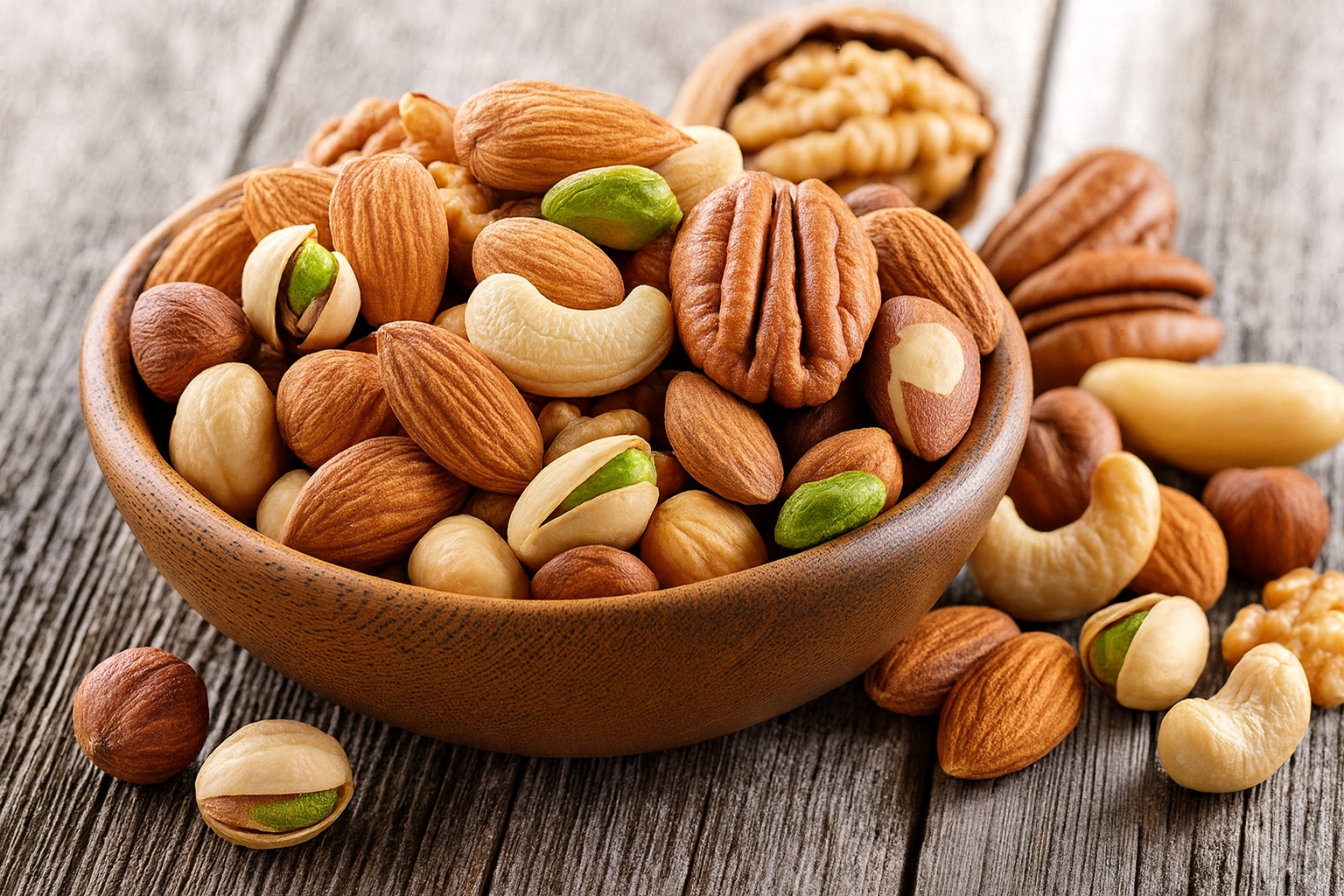
7 Magnesium-Rich Nuts and Seeds to Add to Your Diet
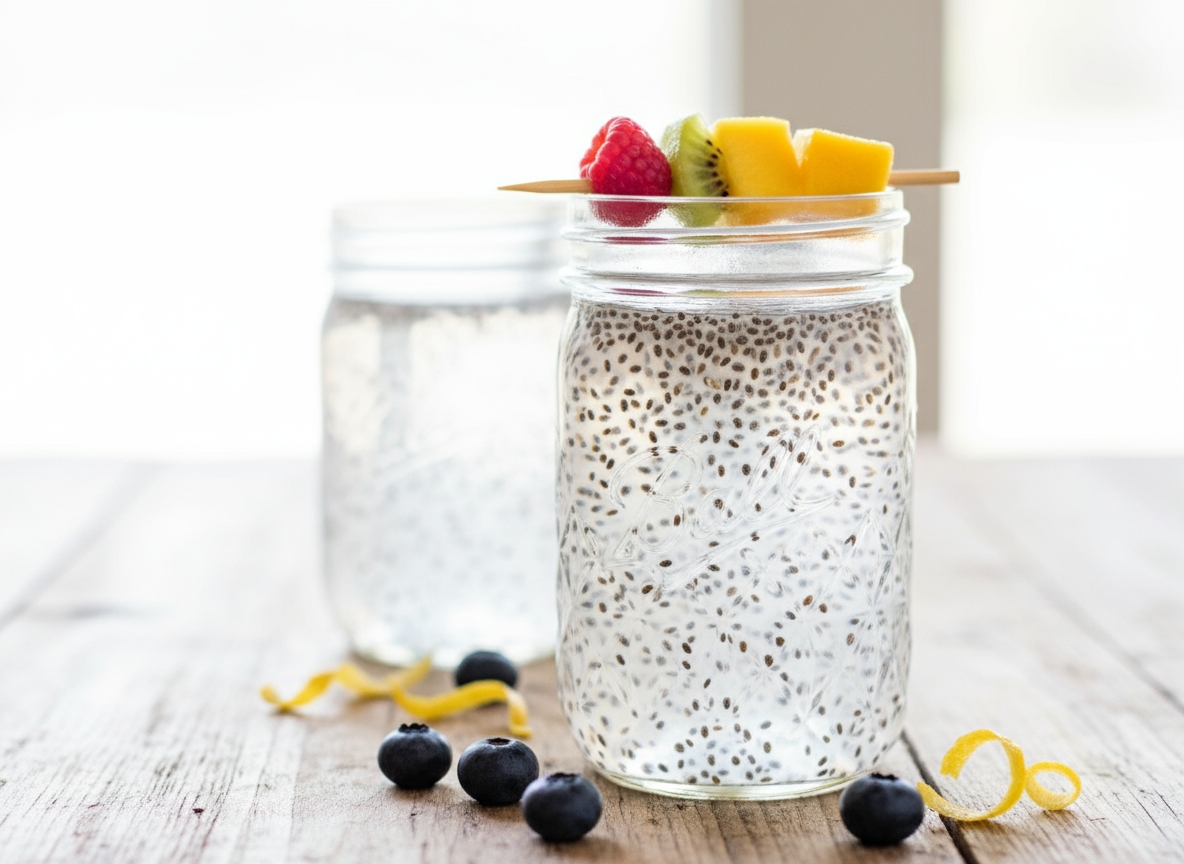
7 High-Fiber Foods That Beat Chia Seeds for Digestive Health
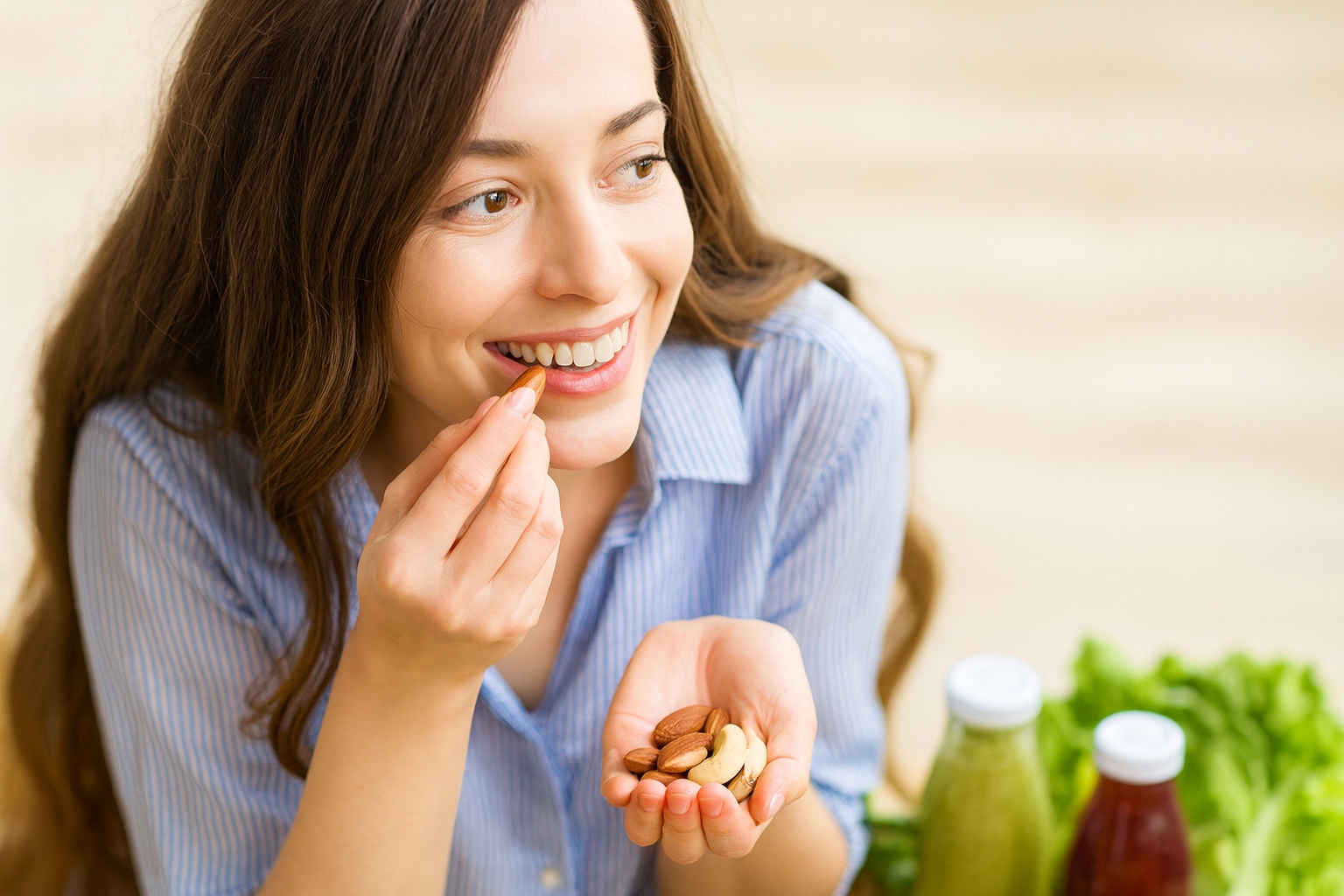
Healthy and Filling: 15 High-Protein Snack Ideas
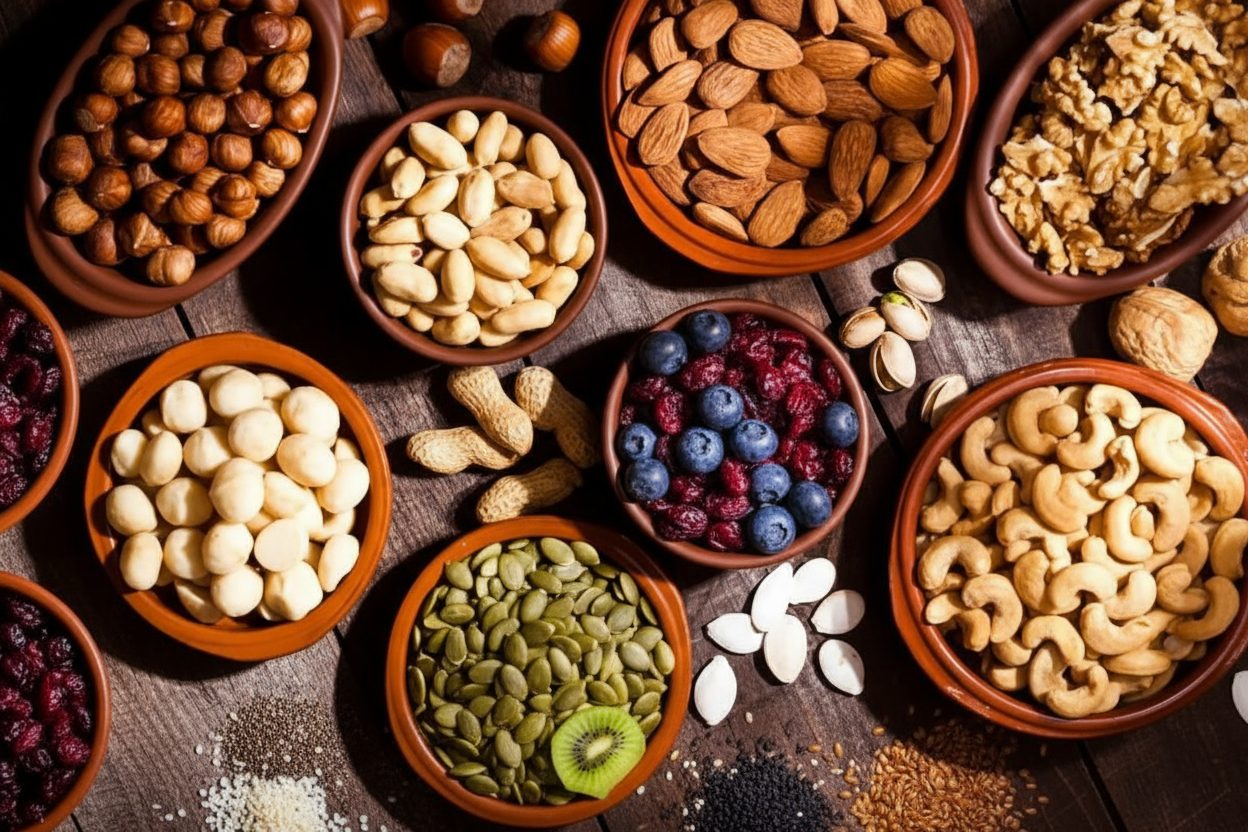
The 10 Best Protein-Rich Nuts for Energy and Satiety

The Best 10 Fiber-Rich Foods for Healthy Weight Loss
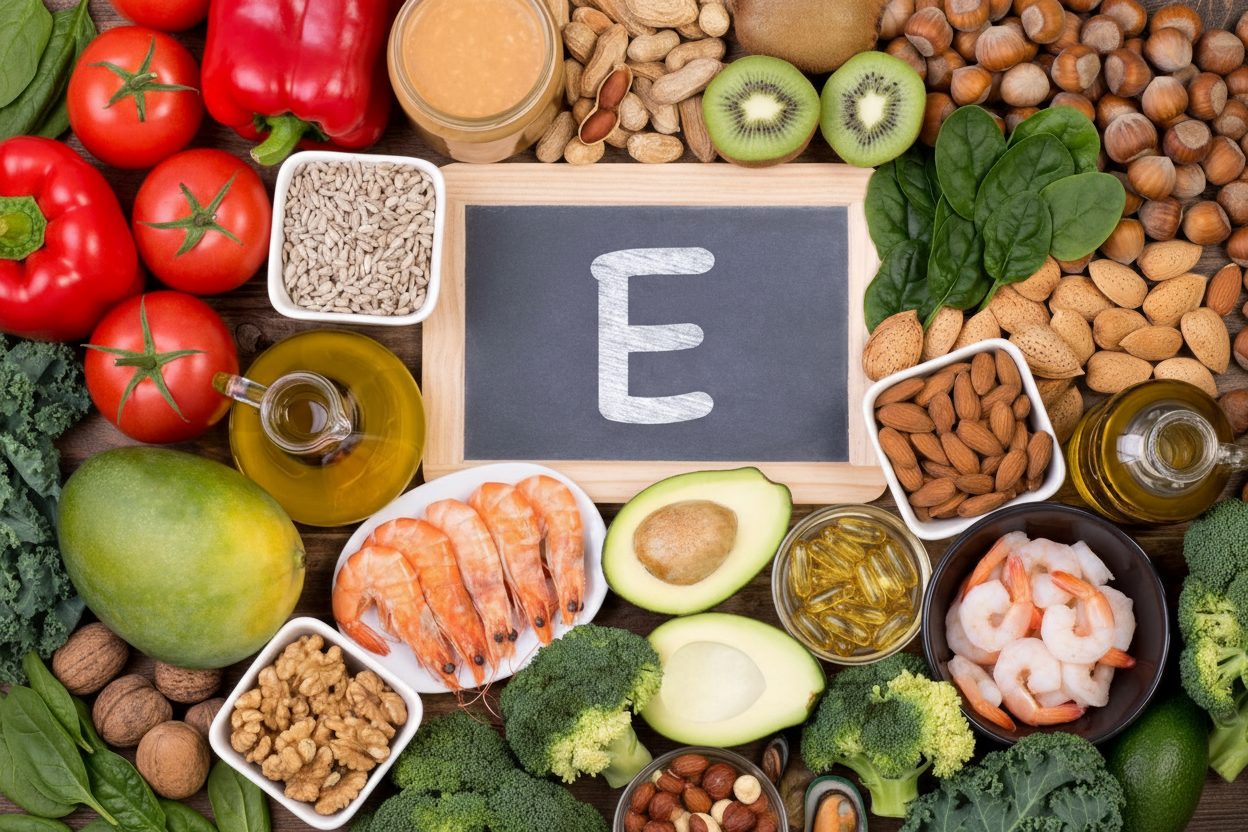
5 Nutrient-Rich Foods That Deliver More Vitamin E
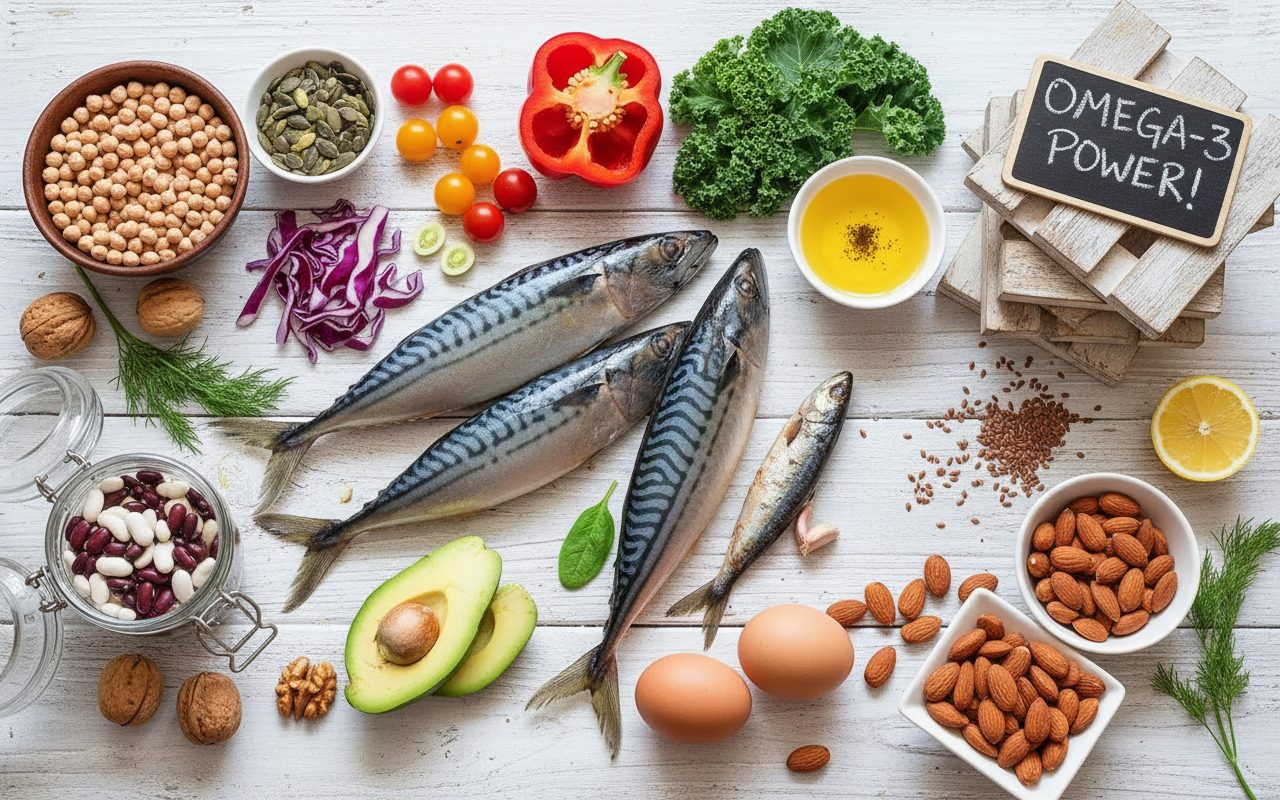
7 Nutrient-Dense Foods High in Omega-3 Fatty Acids

Smart Weight Gain: 3 Foods That Help You Build Strength
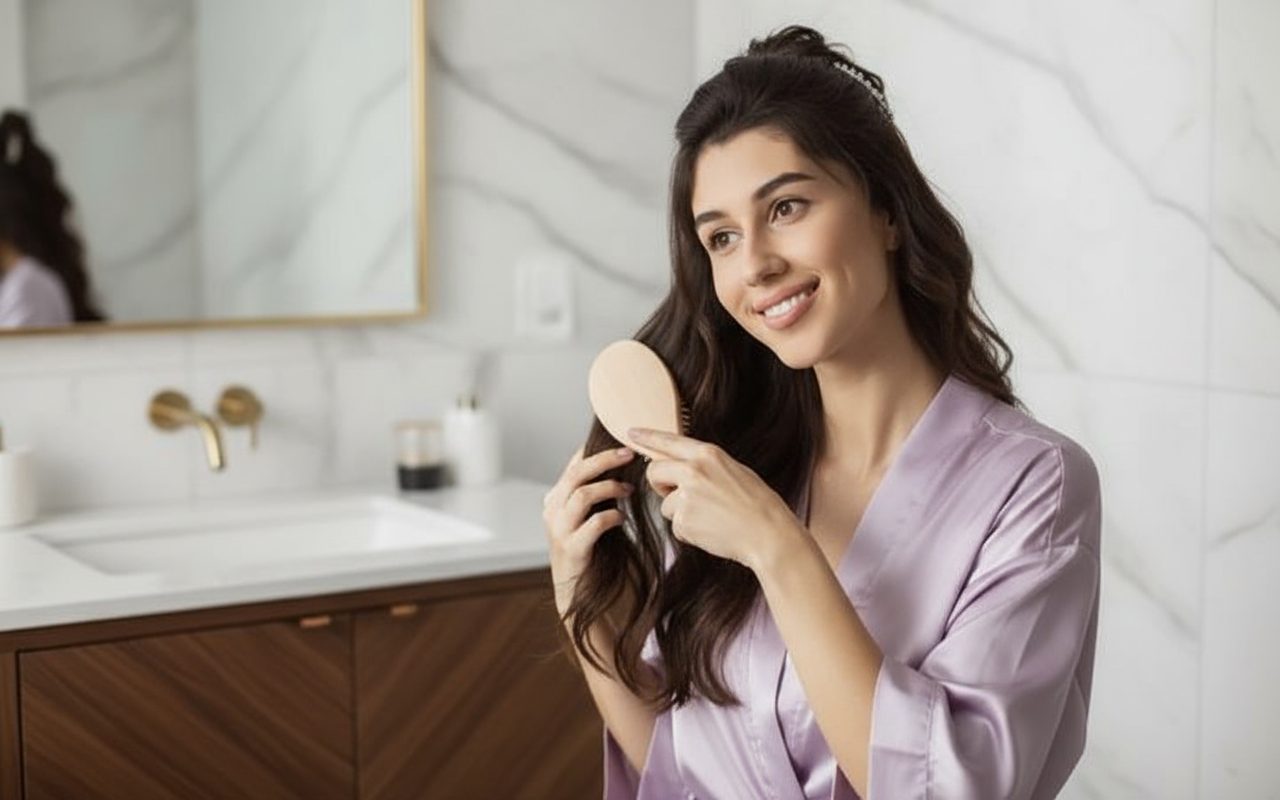
10 Nutrient-Packed Foods That Promote Hair Growth and Scalp Health
